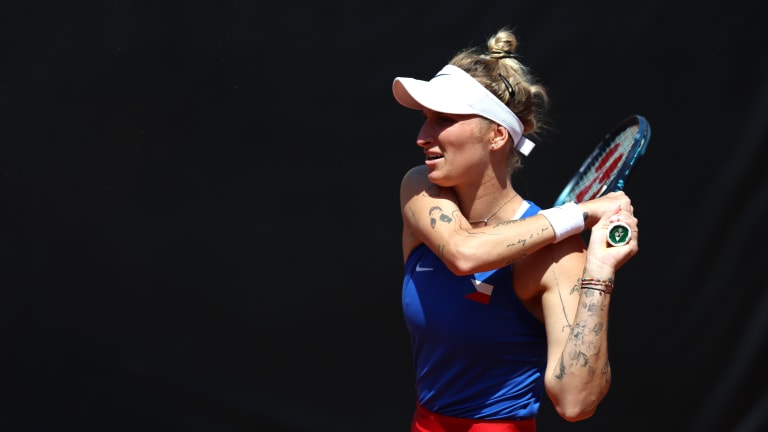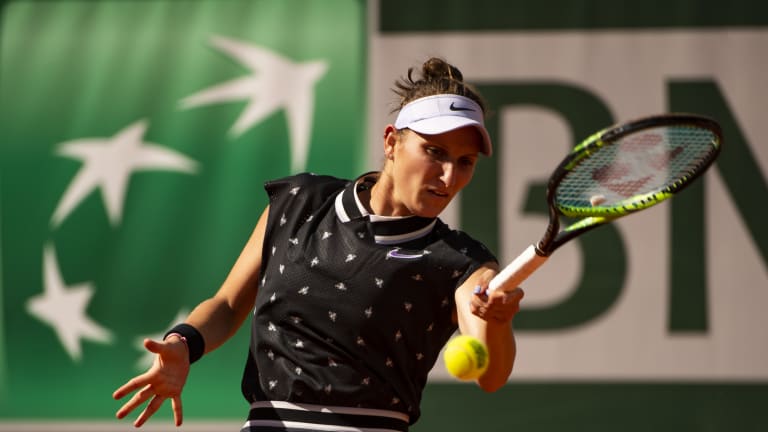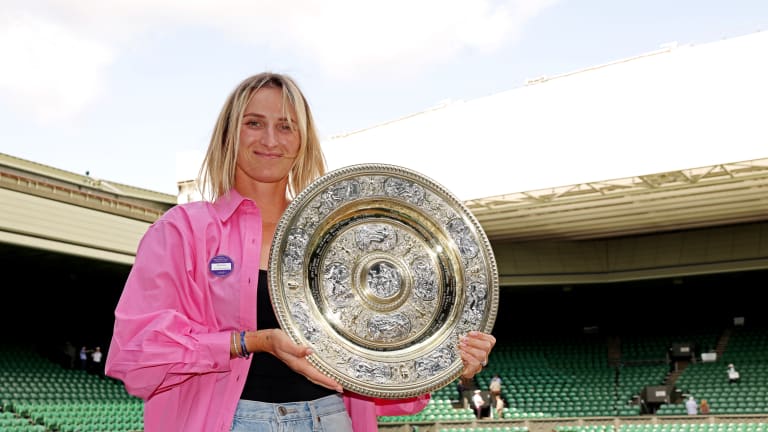They Said What?
Marketa Vondrousova and the secret sauce of Czech tennis success
By Jul 18, 2023They Said What?
'Big Brother' is watching ... tennis: Many eyes, in many ways, are on the sport in 2025
By Feb 13, 2025They Said What?
“There’s nothing wrong with not being Novak”: Sloane Stephens gets candid on Tennis Insider Club podcast
By Oct 21, 2024They Said What?
"New Heights" with Stefanos Tsitsipas
By May 15, 2024They Said What?
A Class Act, Easily Ignored: Kudos to Ons Jabeur
By May 06, 2024They Said What?
Luca Nardi defeats Novak Djokovic: Teachable moments from a stunning upset
By Mar 12, 2024They Said What?
Are we witnessing a new Daniil Medvedev?
By Jan 25, 2024They Said What?
Dayana Yastremska's racquet is doing the talking at the Australian Open
By Jan 22, 2024They Said What?
Deciding when to retire is a unique case for tennis players. Just ask Andy Murray
By Jan 18, 2024They Said What?
Roger Federer may not be tennis' GOAT, but as Rafael Nadal articulated, he's a 1 of 1
By Jan 06, 2024They Said What?
Marketa Vondrousova and the secret sauce of Czech tennis success
How this modest-sized nation punches above its weight class.
Published Jul 18, 2023
Advertising
Advertising

The distinctive feature of the Czech game is an almost chameleon-like versatility, as exemplified by the way Vondrousova—shown here playing for her country at the Billie Jean King Cup—has adapted to grass.
© Getty Images for ITF
Advertising

Vondrousova experienced early success, reaching the Roland Garros final at 19. But she was on the receiving end of a rout, courtesy of Ash Barty.
© © TENNIS PHOTO NETWORK, 7 STAGHORN COURT, BANGALOW, NSW 2479, AUSTRALIA Tel - +61 433 754 488 mike@tennosphotonet.com
Advertising
Advertising

A familiar sight: a Czech Grand Slam champion.
© Getty Images